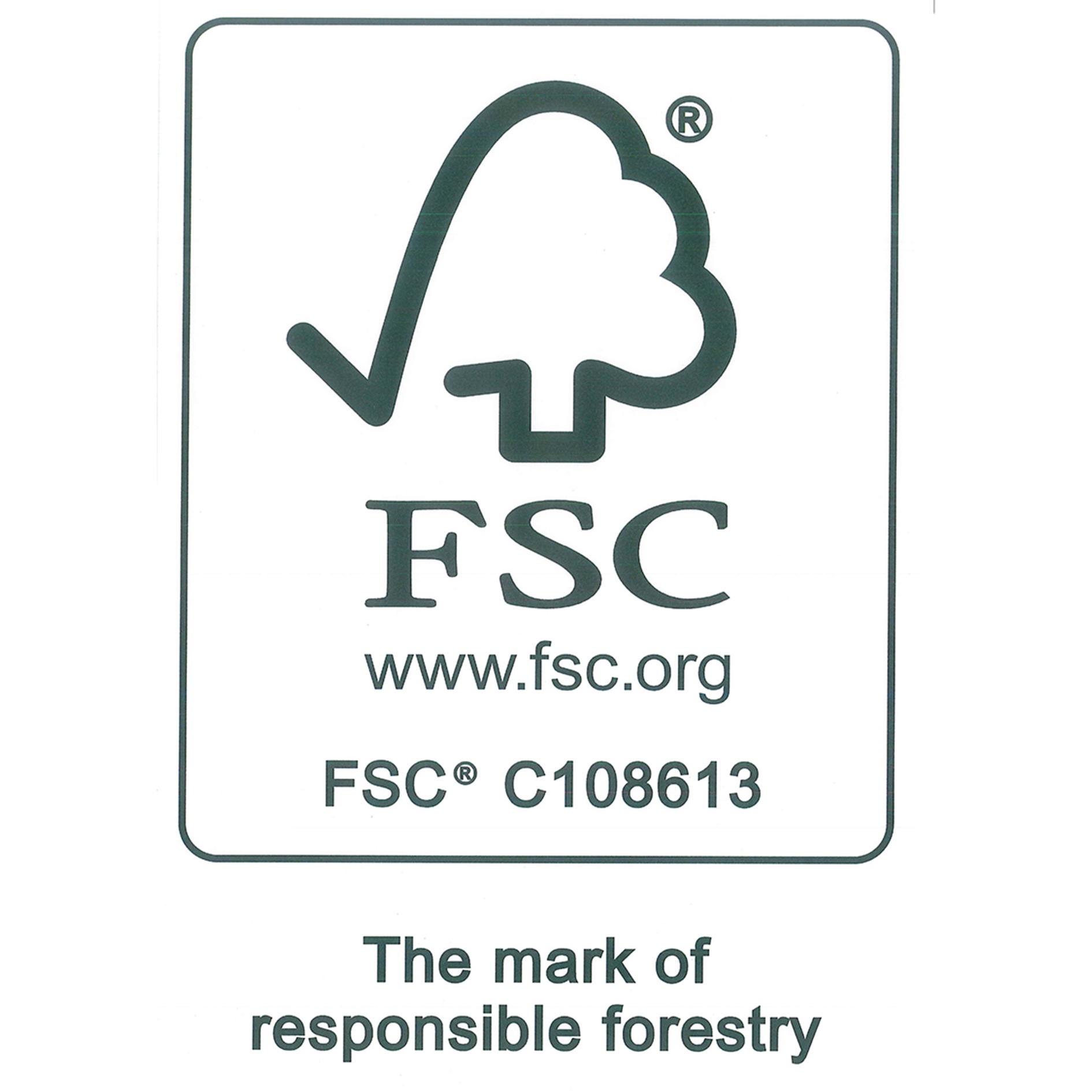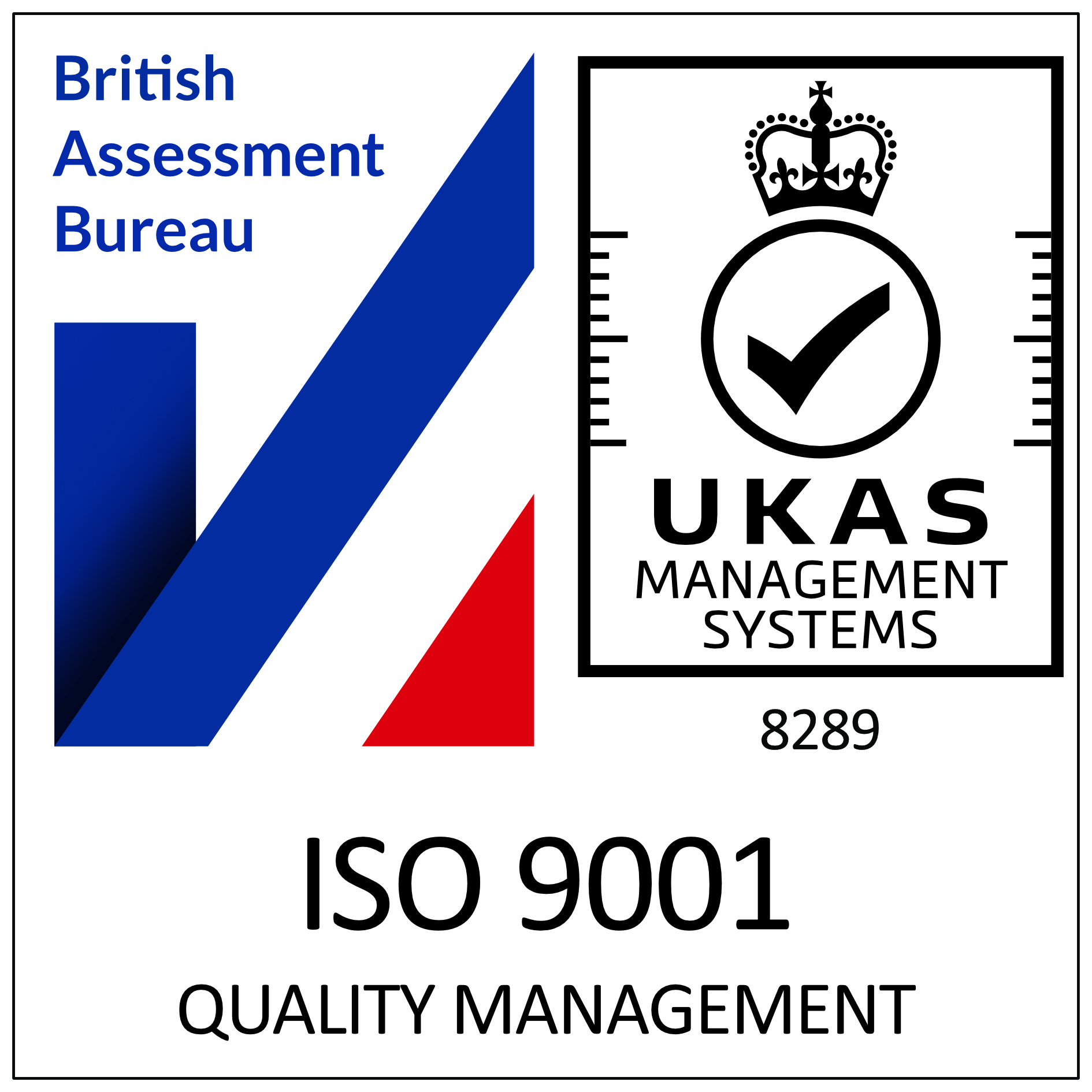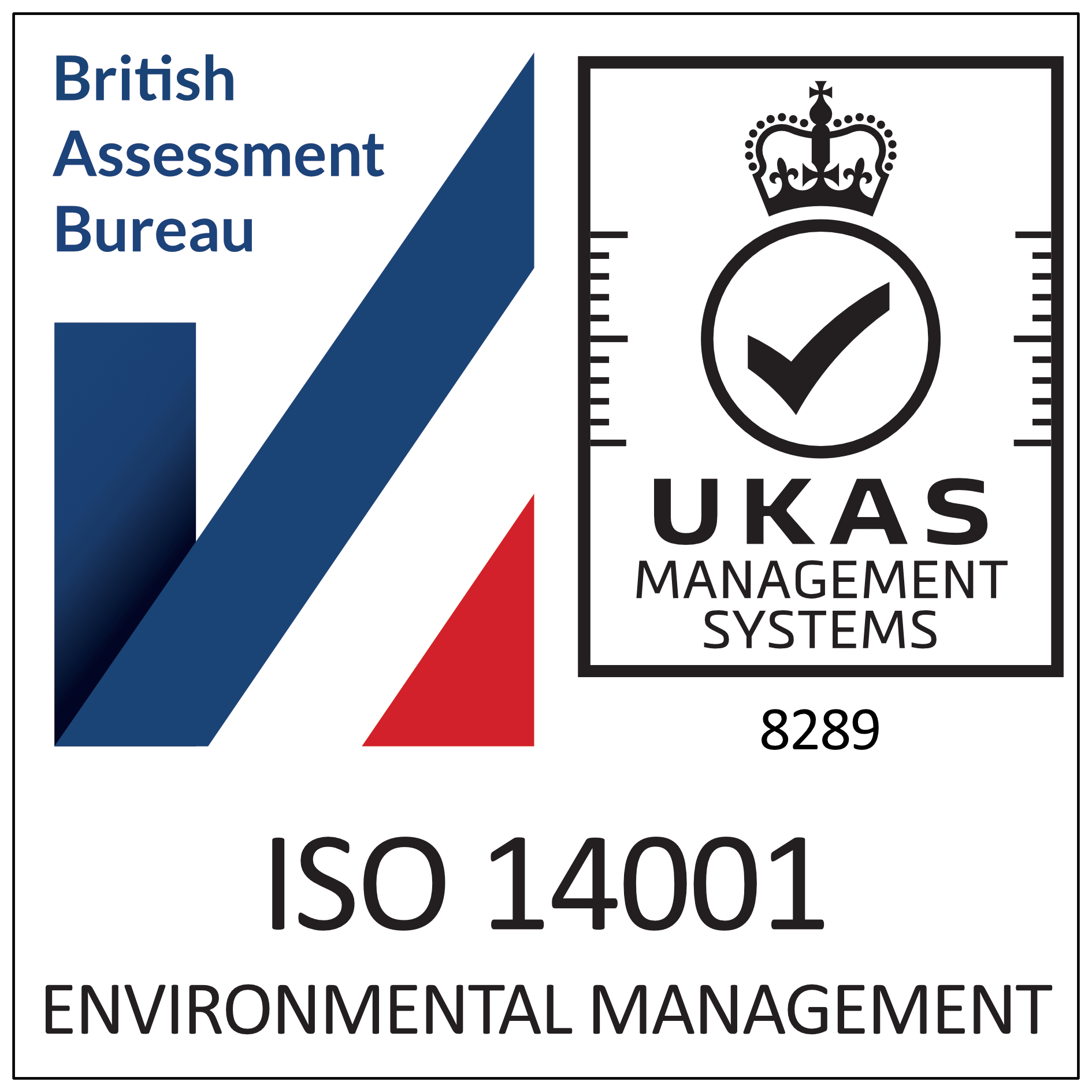How to comply with hotel fire regulations
Everyone staying in a hotel will expect that the building has been fire safety approved and that effective procedures are in place to deal with any fire outbreak emergency.
If these vital preventative measures are not in place, then a fire outbreak can have traumatic and fatal consequences.
Here are some things to consider when dealing with your hotel fire safety:
The law is very clear
The law is very clear on the matter of fire safety in hotels – the Fire Safety Order (FSO) states that there is one ‘responsible’ person in charge of fire compliance for the building – this is usually the manager or owner of the hotel.
The designated ‘responsible person’ can nominate a ‘competent person’ to undertake the necessary fire safety training and impose the daily measures for compliance with the stated fire regulations.
The penalties include unlimited fines
Any breaches of the regulations can result in unlimited fines in a Magistrates Court but, for more serious breaches dealt with in a Crown Court, unlimited fines and prison sentences can be imposed as the ‘responsible’ person can be prosecuted as an individual rather than on a corporate basis.
Poorly fitted doors are a common issue
Amongst the most common fire regulation breaches committed are ill-fitting doors in frames, damaged and therefore compromised hotel fire doors, fire and smoke seals in poor condition and hotel fire doors wedged open.
Here are some tips as to how best comply with stated hotel fire regulations:
Fire risk assessment
However many rooms your hotel has, or whatever its size, a Fire Risk Assessment MUST be undertaken and completed. The building must be regularly checked to ensure that all hotel fire doors are in good working order and not damaged in any fashion.
Not all hotel doors are designated fire doors, but those that are MUST be kept closed and, under NO circumstances, can they be wedged open. Other hazards, such as blocked or impaired escape routes must be cleared, and all electrical wiring checked professionally and regularly.
These fire risk issues should be formally noted and dealt with as soon as possible – the fire risk assessment should be an ongoing process rather than an annual ‘tick box’ exercise.
Employee training
It is vital that ALL employees undergo appropriate staff fire safety training – employees need to be able to identify and formally report any fire risks or hazards along with having knowledge of all identified escape routes – all staff should be aware of the emergency procedures and their roles within them. This training should include building-evacuation drills, use of a fire blanket, fire extinguisher training and the training should be spread out regularly over the year.
Evacuation routes
A clear evacuation process and route should be in place in case of a fire emergency. The following hazards should be clearly identified and catered for –
- Fire doors wedged open – if a hotel fire door is wedged open, smoke, fire and deadly fumes can easily spread, filling the corridors with smoke and seriously hindering any evacuation.
- Cluttered corridors – items such as stored furniture can impede smooth passage down the evacuation routes potentially endangering life.
- Confusing signage – ensure all fire safety signage is appropriately placed, clearly visible and concise in its instruction and use.
Compliance with fire regulations for your hotel does not need to be complicated nor difficult – following the guidelines mentioned, and regularly updating your fire drills, checks and assessments will keep your hotel fire-safe for both your guests and your staff.
Enfield Doors
Our team of experts is always on hand to guide you and give you sound and pragmatic advice based on years of experience and successful installations.
If you would like further information on our company please click here, or please contact us and we will respond as quickly as possible. We look forward to helping you.








